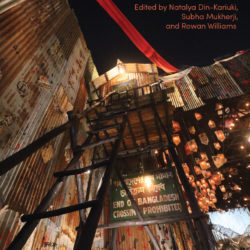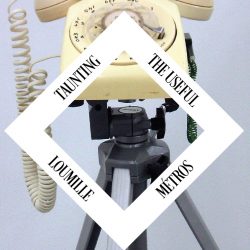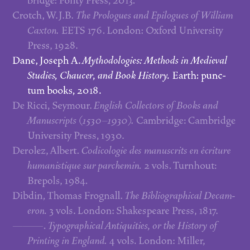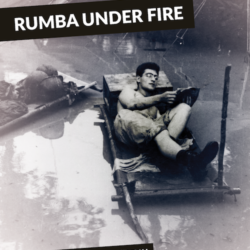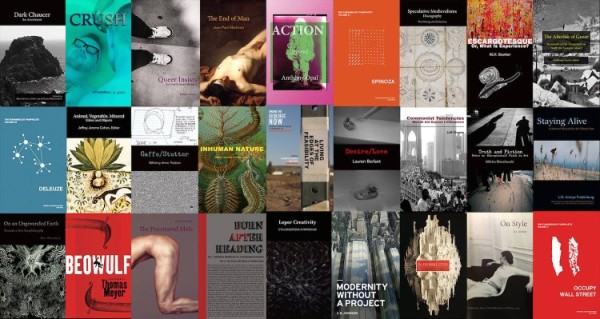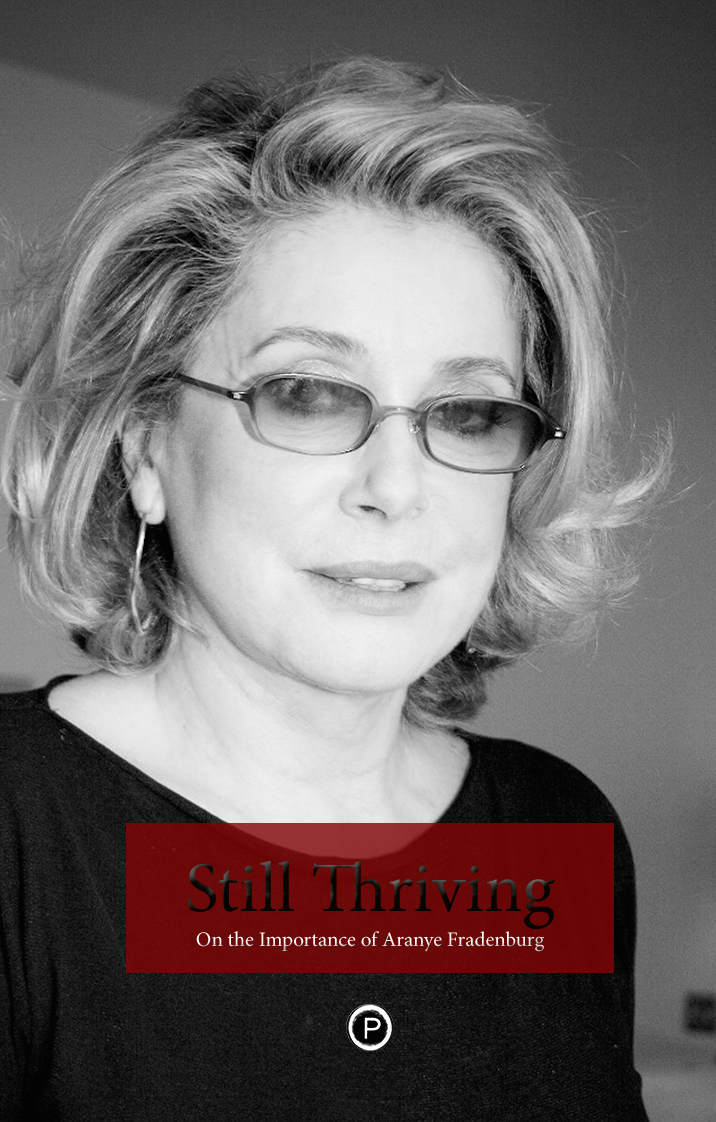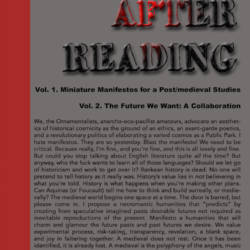Crossings: Migrant Knowledges, Migrant Forms
Published: 10/03/2025
Crossings: Migrant Knowledges, Migrant Forms brings together activists, artists, scholars, and migrants with diverse histories to explore what the experience of migration does with, and to, knowledge, and how its own ways of knowing find expressive form. As the volume’s authors think about physical and imaginative crossings, and the traversals and transactions of knowledge they[…]

